Related publications
-

The 7Ds
The 7Ds – Defence Extended
-
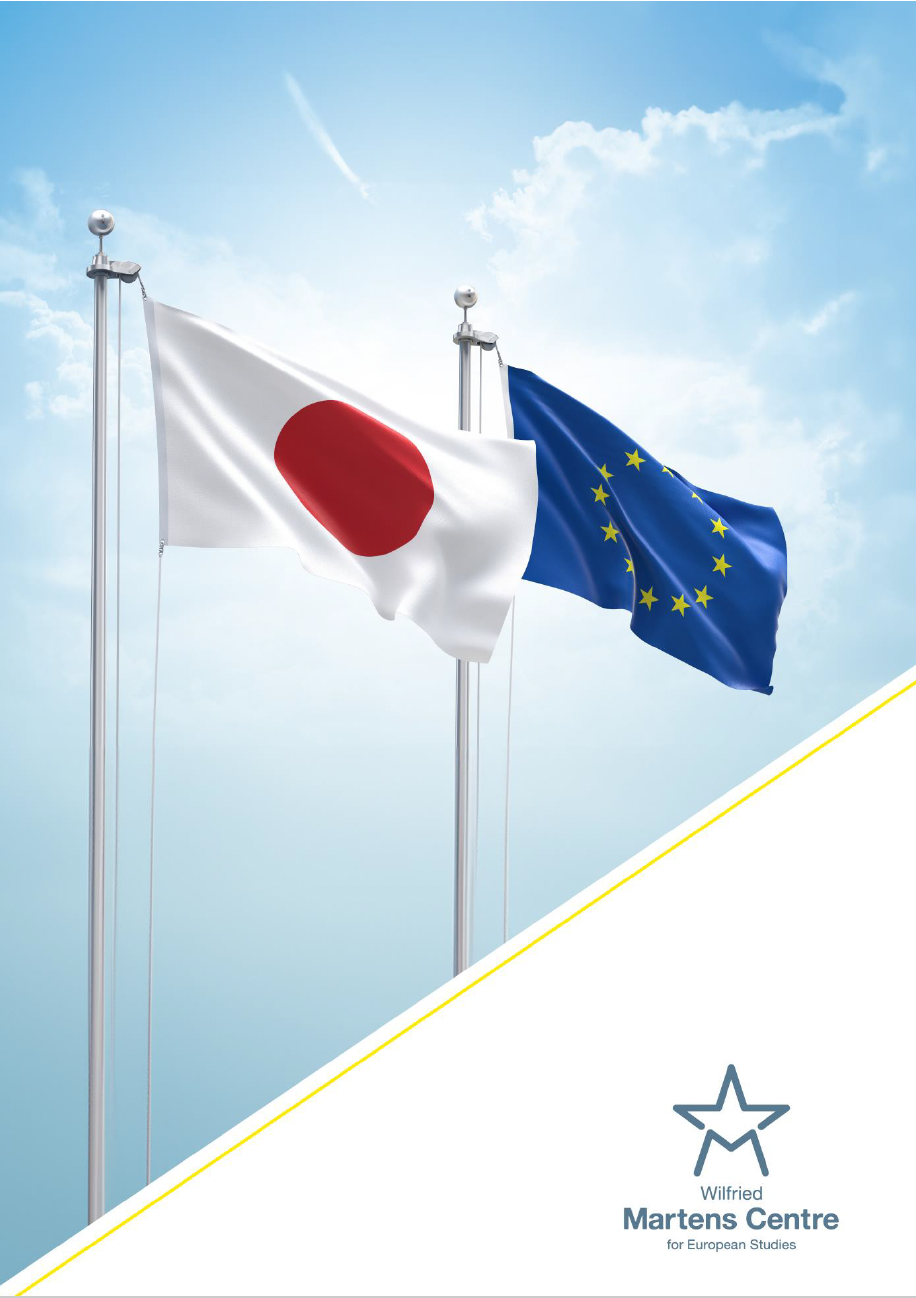
Other
Ambitions and Limits: The Deepening Security Dialogue Between Japan and the European Union
-
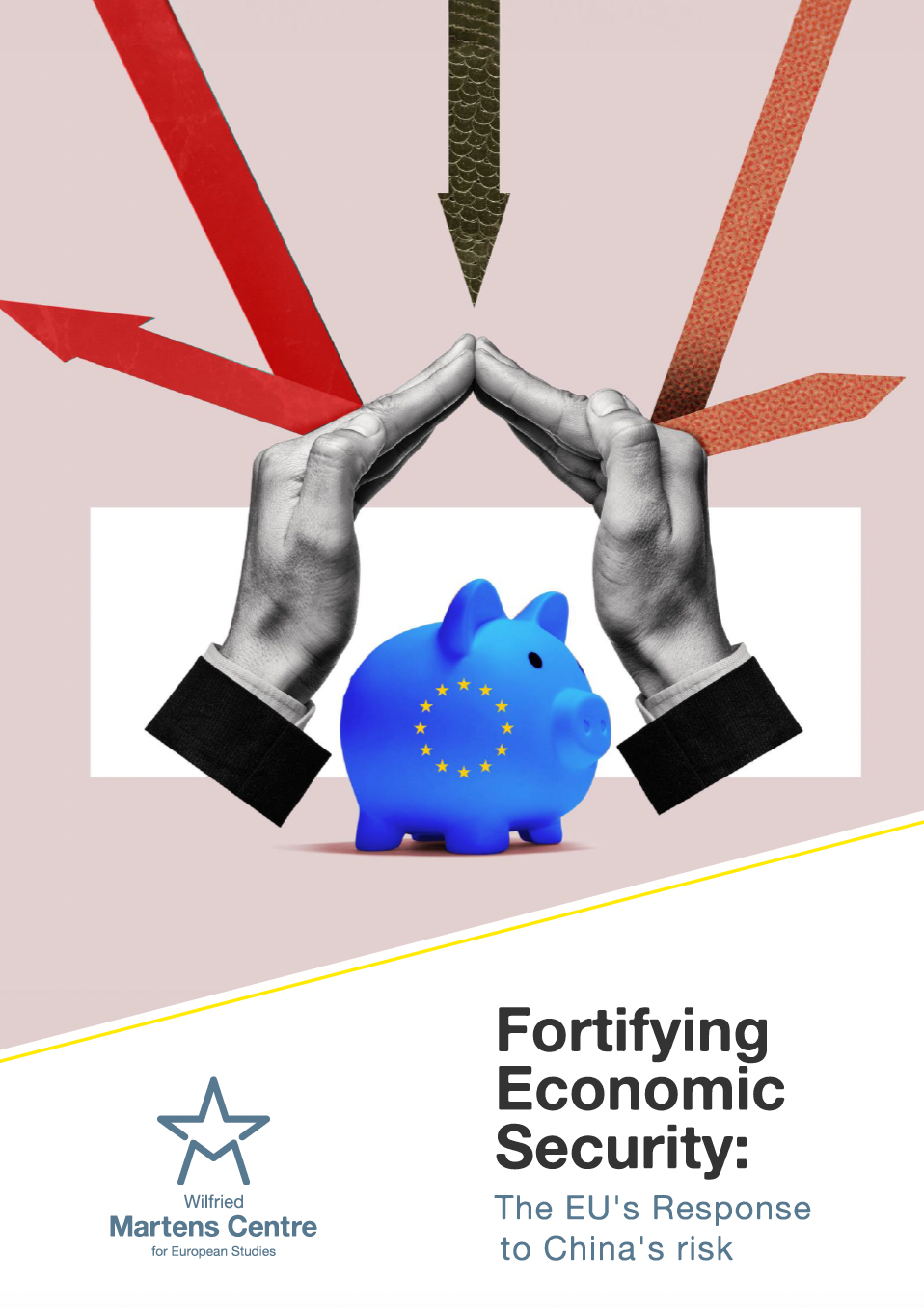
Other
Fortifying Economic Security: The EU’s Response to China’s Risk
-
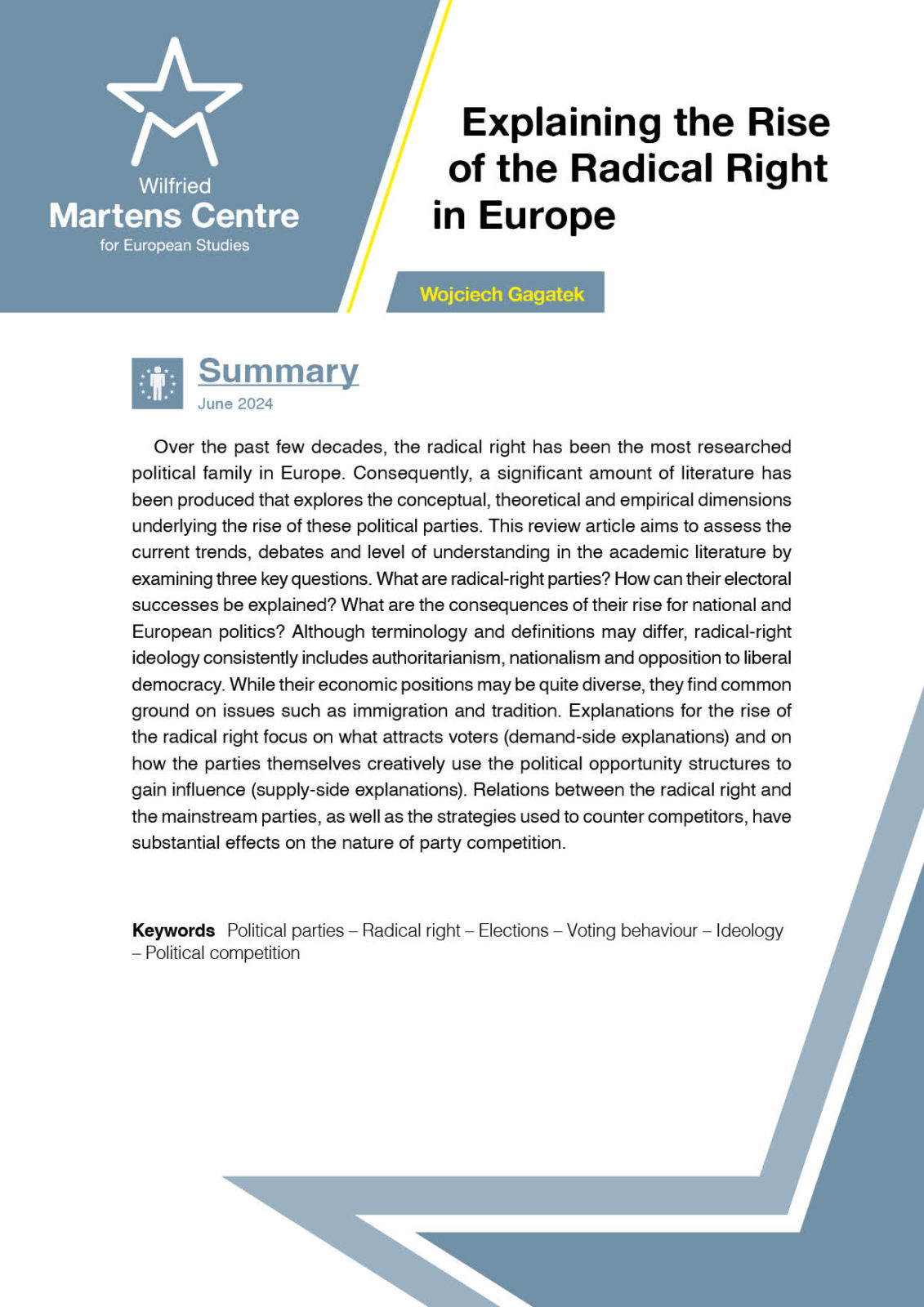
Policy Briefs
Explaining the Rise of the Radical Right in Europe
-
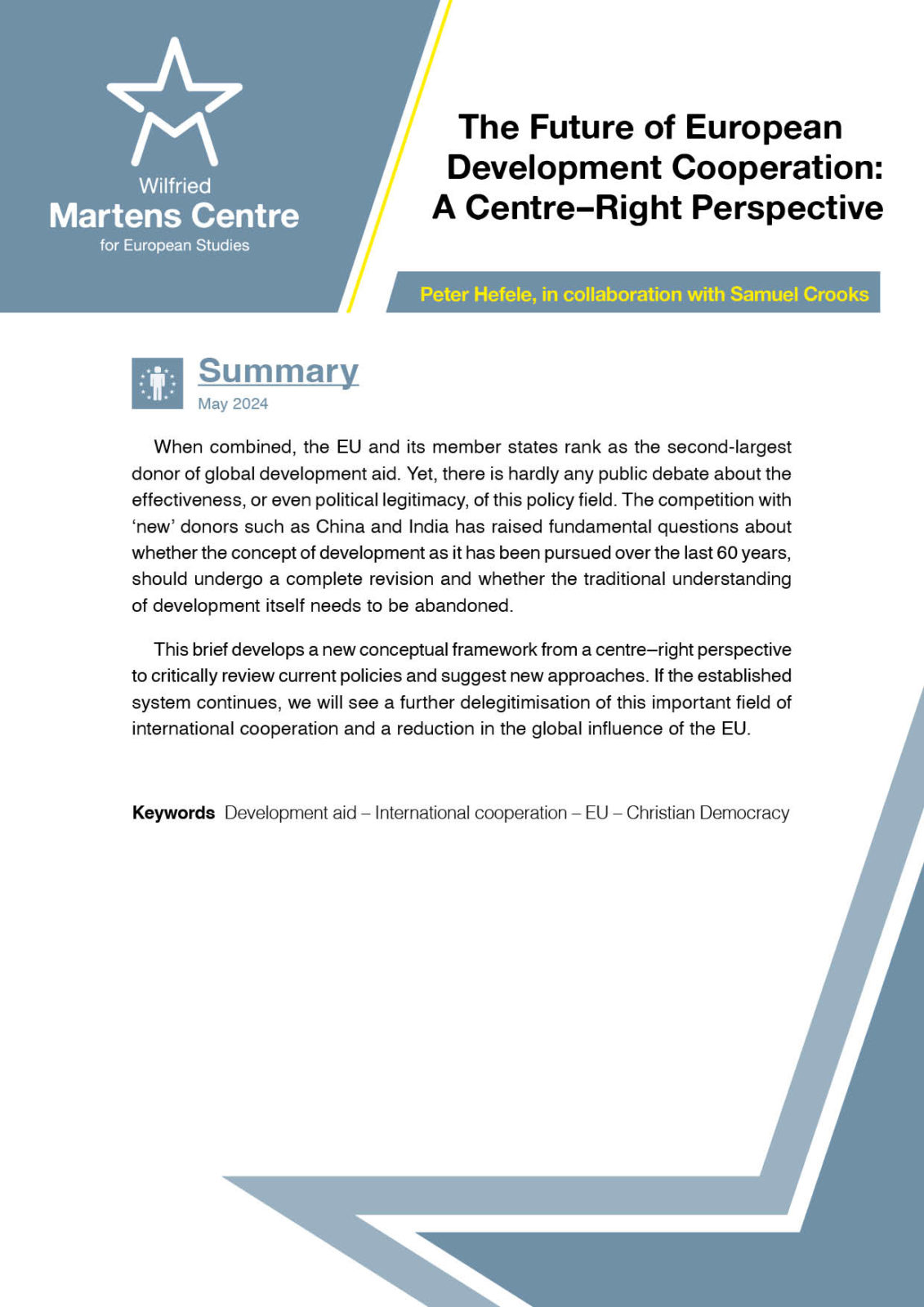
Policy Briefs
The Future of European Development Cooperation: A Centre–Right Perspective
-

Other
EU-Taiwan Ties in a New Reality: Time for an Upgrade
-
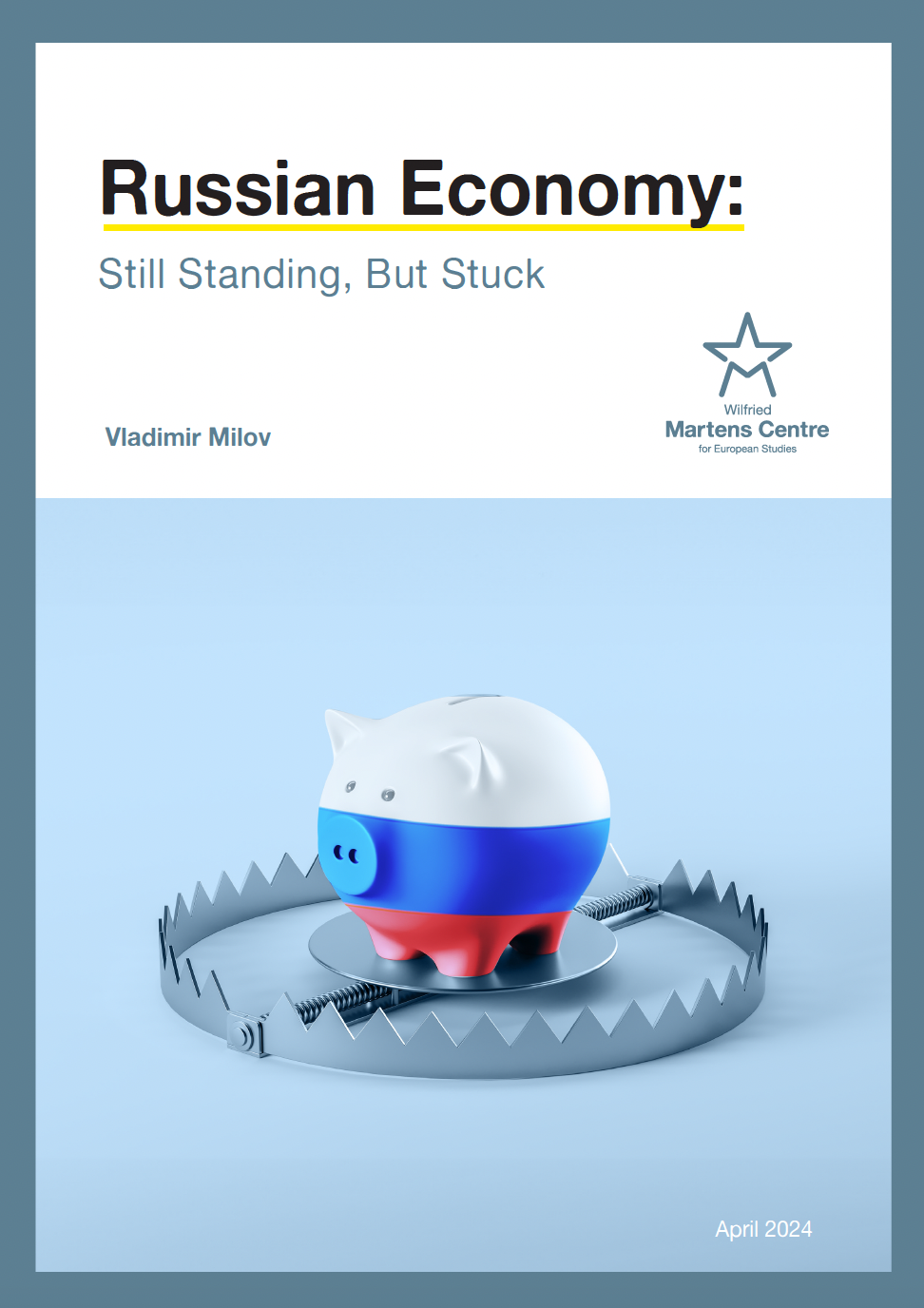
Ukraine
Russian Economy: Still Standing, But Stuck
-

The 7Ds
The 7Ds – Democracy in Depth
















